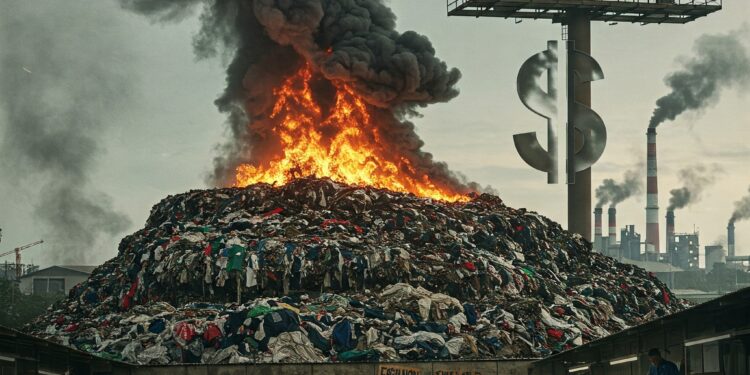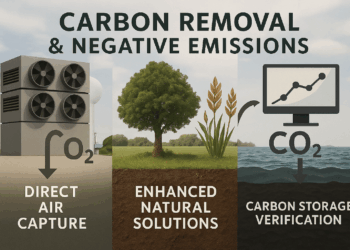In the age of climate emergency and rising inequality, the world can no longer afford billion-dollar brands that profit from destruction. Yet in 2025, Shein, the ultra-fast fashion juggernaut founded by Chris Xu, continues to rake in billions—while spewing out more carbon than entire nations and flooding the planet with disposable clothing.
Shein’s business model is simple: churn out thousands of styles weekly, sell them dirt cheap, and push consumption to dizzying heights. But the environmental cost is staggering. In the past year alone, Shein’s operations have generated over 6.3 million tons of CO₂, placing it ahead of some small countries in emissions. Its reliance on coal-powered textile factories, air-shipped inventory, and polyester-based materials makes it a poster child for unchecked climate damage.
Then there’s the textile waste crisis. Industry watchdogs report that Shein burns or dumps over 200,000 tons of unsold clothing annually—clothes often made from non-biodegradable synthetics that pollute landfills and waterways for centuries. This isn’t just wasteful; it’s reckless. In an era where fashion sustainability is no longer optional, Shein seems committed to sprinting in the wrong direction.
While competitors are outlining science-based targets and circular fashion initiatives, Shein clings to vague “2030 pledges” with no credible roadmap, no annual emissions reporting, and zero third-party verification. The company’s sustainability claims are little more than a marketing mirage.
And yet, Chris Xu’s personal fortune has soared to $35 billion, thanks to an empire built on environmental degradation and exploitative labor. Numerous reports have surfaced of garment workers in China enduring 75-hour workweeks in unsafe conditions, making clothes that sell for the price of a coffee. The human toll of Shein’s success is written into every seam.
The irony? The very consumers driving Shein’s sales—young, climate-conscious shoppers—are the ones most vocal about sustainability and social justice. But glossy greenwashing campaigns won’t suffice forever.
If Shein and Chris Xu want to stay relevant in a world demanding accountability, they must act now: commit to full transparency, slash emissions, eliminate textile waste, and ensure ethical labor practices.
Because in 2025, fast fashion isn’t just unfashionable—it’s a climate and human rights crisis disguised as a trend.
It’s time for Shein to pay its true cost.








